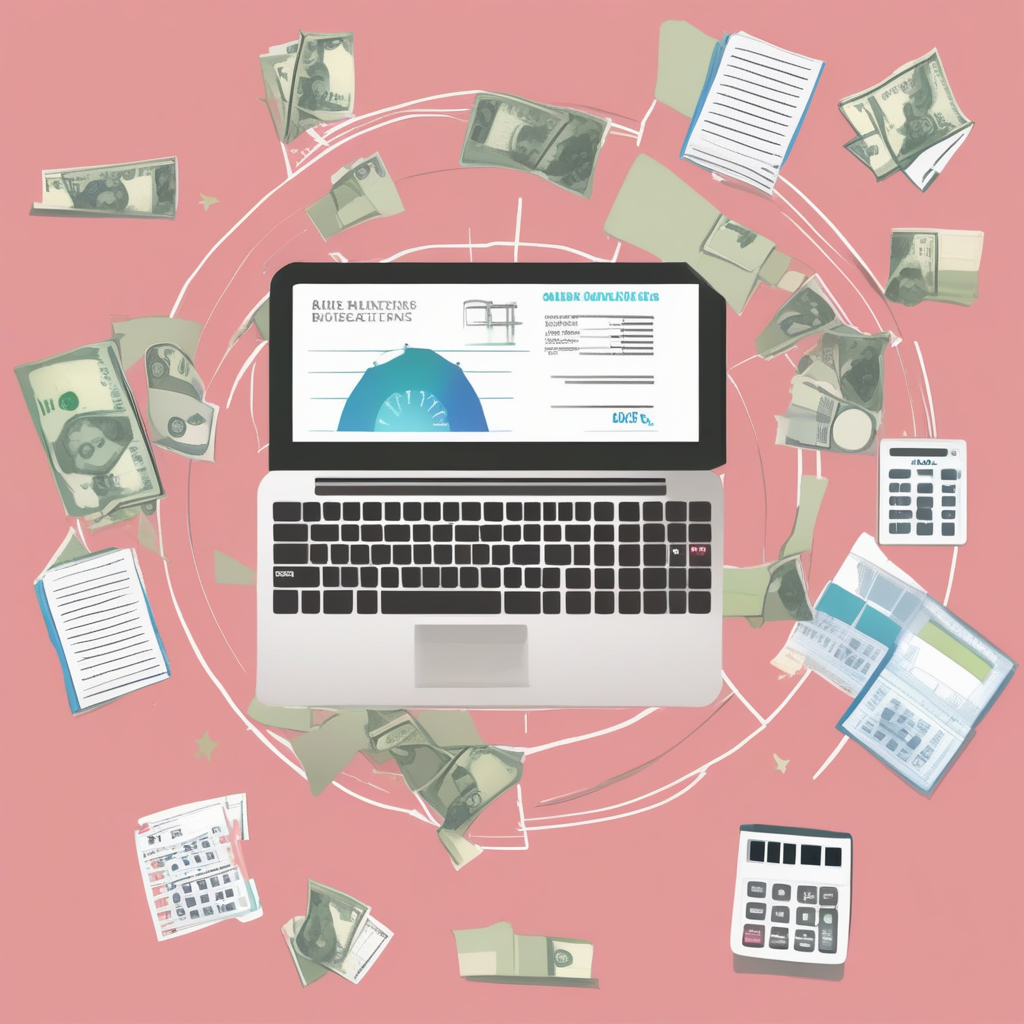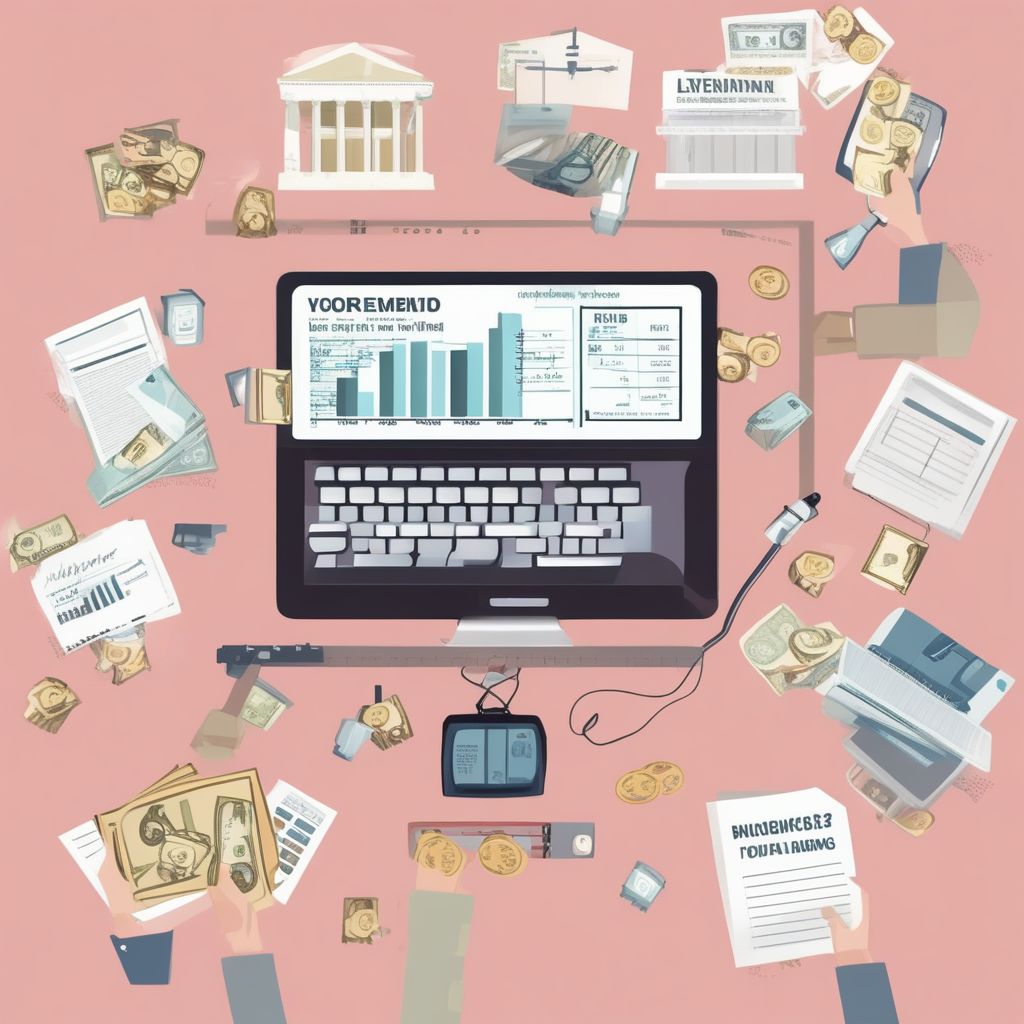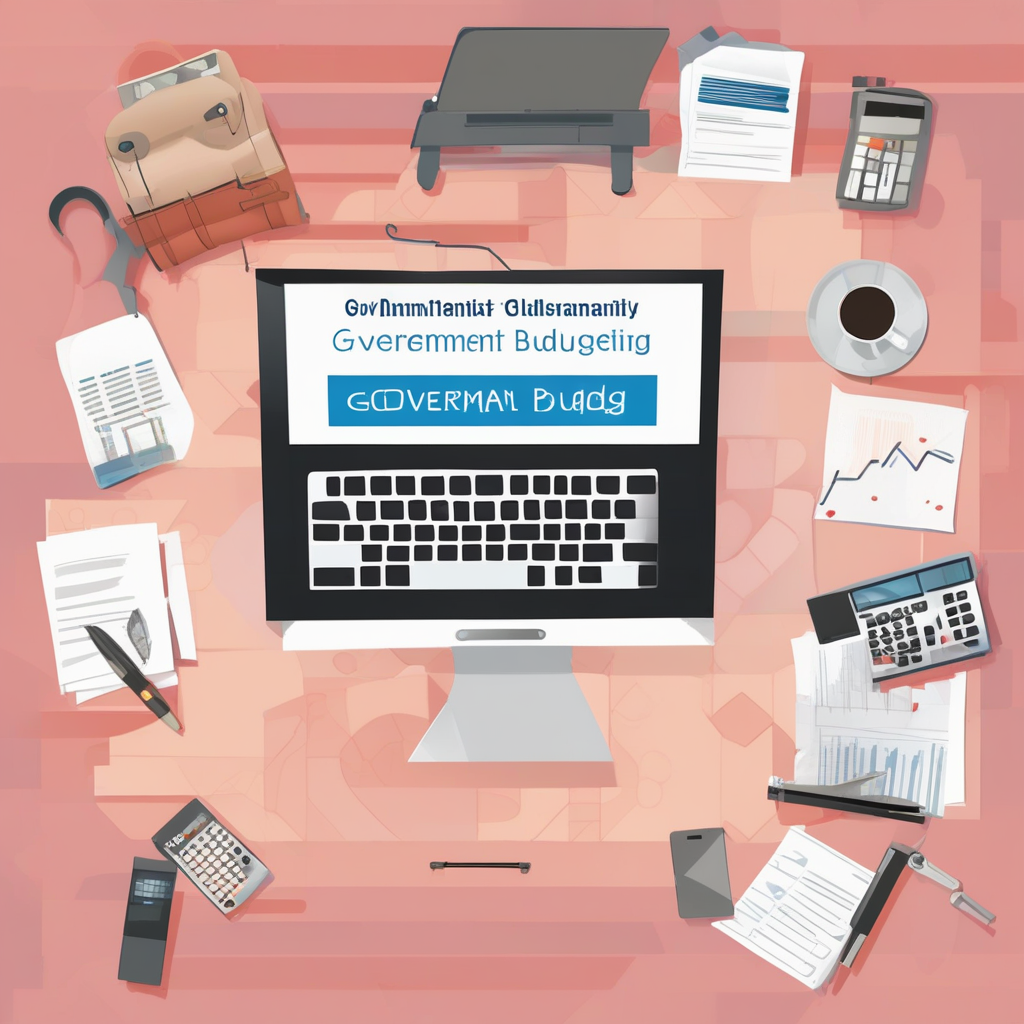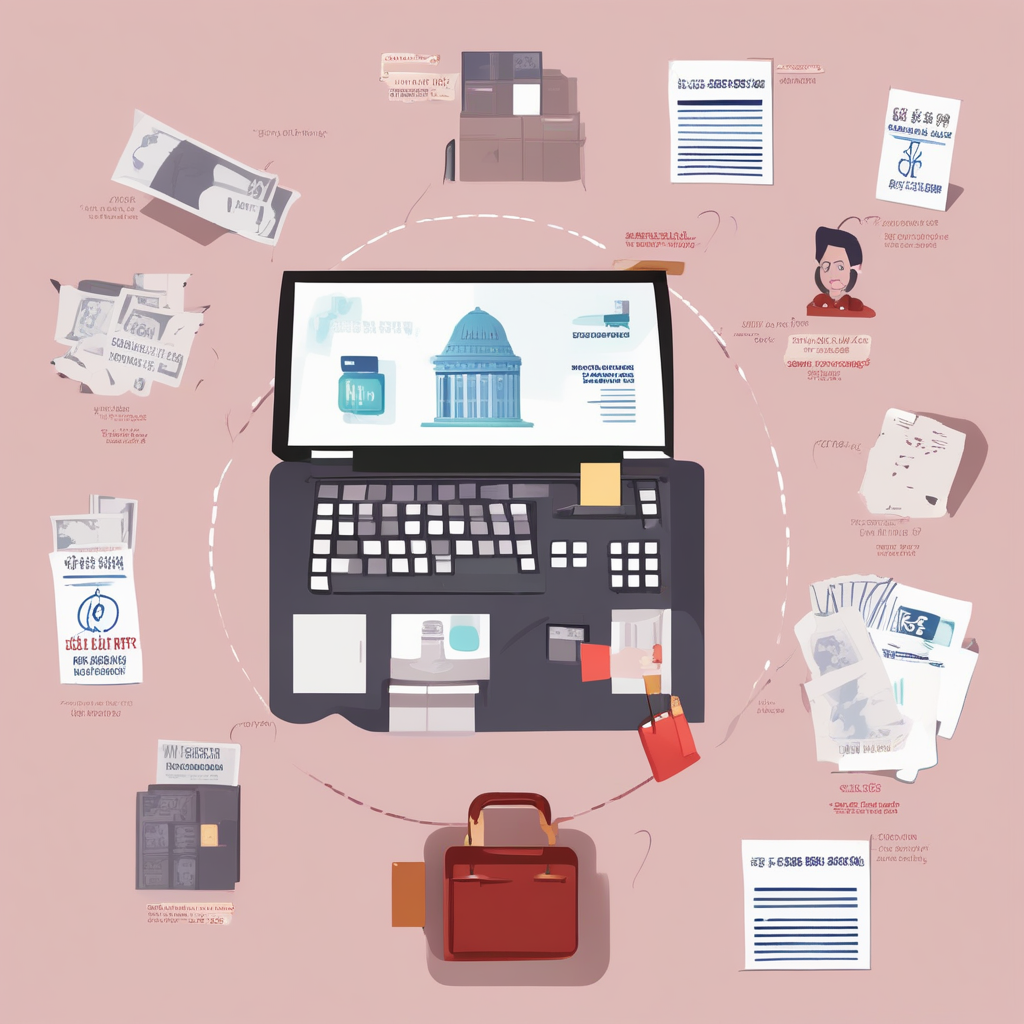Introduction
Imagine you have a big piggy bank where you keep all your allowance money. Each week, you decide how to spend your coins—on candy, toys, or saving for a bigger goal. Now, think of a country or a city like a giant piggy bank. The people in charge need to decide how to use their money wisely. This is what we call government budgeting. Just like you plan your spending, the government plans how to spend its money to make sure everything runs smoothly. In this guide, we’ll explore what government budgeting is, how it works, and why it’s super important.
What is Government Budgeting?
Government budgeting is the process where leaders decide how to use the money collected from taxes and other sources. They make a plan to spend money on things like schools, roads, and parks. Just like you might set aside money for different things, the government does the same. They need to make sure they have enough money for everything that people need.
Why is Government Budgeting Important?
Budgeting helps the government keep track of its money and make smart choices. It’s like having a plan for a big party where you need to buy snacks, decorations, and games. Without a plan, you might run out of money or not have enough snacks for everyone. Government budgeting ensures that all the important things get the money they need, and there is no waste.
How Does Government Budgeting Work?

1. Planning the Budget
Before the budget is made, leaders and experts discuss what needs to be done. They think about things like how much money is coming in and what expenses are coming up. It’s a lot like making a shopping list before you go to the store. They write down everything that needs money and figure out how to pay for it all.
2. Collecting and Spending Money
The government collects money mainly through taxes. People and businesses pay taxes, which the government uses to fund its activities. Once the money is collected, it’s spent on things like healthcare, education, and infrastructure. It’s like getting money from your allowance and using it to buy things you need or want.
3. Reviewing and Adjusting
Sometimes, things change. Maybe you get more allowance or spend more than you planned. The government also needs to adjust its budget. They review how the money was spent and make changes if necessary. This helps them stay on track and make sure they’re using the money in the best way.
Key Features of Government Budgeting
| Feature | Description |
|---|---|
| Revenue Collection | Money collected from taxes and other sources. |
| Expenditure Planning | Deciding how money will be spent on various public services. |
| Budget Approval | The process of getting the budget plan approved by lawmakers. |
| Monitoring | Keeping track of how money is being spent and adjusting if needed. |
| Reporting | Sharing information about the budget and spending with the public. |
| Transparency | Ensuring that the budgeting process is open and clear to everyone. |
| Accountability | Making sure that money is spent wisely and for its intended purpose. |
Subheading 1: Budget Categories

When the government plans its budget, it divides the money into different categories. These categories are like different sections in your school binder—each one has its own purpose. Here are some common categories:
Education: Money for schools, teachers, and student programs.
Healthcare: Funds for hospitals, clinics, and health services.
Infrastructure: Spending on roads, bridges, and public buildings.
Defense: Money for the military and national security.
Social Services: Support for families, elderly people, and those in need.
Subheading 2: Budgeting Process
The budgeting process involves several steps. Each step is like a puzzle piece that helps create a complete picture. Here’s how it usually works:
1. Proposal: Government departments submit their budget needs.
2. Review: Experts and leaders examine the proposals to see if they fit the budget.
3. Approval: The budget is presented to lawmakers who vote to approve it.
4. Implementation: Once approved, the money is allocated and spent according to the plan.
5. Evaluation: The budget is reviewed to ensure everything is going as planned.
Subheading 3: Challenges in Budgeting

Budgeting isn’t always easy. Just like managing your piggy bank, there can be challenges. Here are some common ones:
Unexpected Costs: Sometimes, unexpected expenses come up, like sudden repairs.
Limited Resources: There might not be enough money to cover everything that’s needed.
Economic Changes: Changes in the economy can affect how much money is available and how it should be spent.
Public Needs: Balancing different needs and priorities can be tricky.
FAQs
1. What happens if the government runs out of money?
If the government runs out of money, it might need to borrow funds or make cuts to its spending. This is like when you spend all your allowance and need to save up again.
2. How does the government decide what to spend money on?
The government decides based on what is most important for the country’s needs. They listen to experts, consider public opinions, and make choices to help everyone.
3. Can citizens see the government budget?
Yes! Governments usually share information about the budget with the public. This is to keep everything transparent and let people know how their money is being used.
4. Why are taxes important for budgeting?
Taxes are important because they provide the money that the government needs to run public services. Without taxes, there wouldn’t be funds for things like schools and roads.
5. How often does the government update its budget?
The government updates its budget regularly, usually every year. This allows them to adjust for any changes in the economy or public needs.
Conclusion
Government budgeting is a lot like managing a big piggy bank. It’s about making smart choices with the money collected to ensure that all the important things get funded. From planning and collecting to spending and reviewing, every step is crucial. By understanding government budgeting, you can see how important it is for making sure our communities and countries run smoothly. Just like you need a plan for your allowance, the government needs a plan to use its money wisely. Keep exploring, stay curious, and remember that budgeting helps make the world a better place for everyone!
This guide was designed to give you a fun and easy-to-understand look at government budgeting. We hope you enjoyed learning about how leaders manage money and make important decisions. Keep these ideas in mind as you think about your own budget, and remember—good planning can make a big difference!

